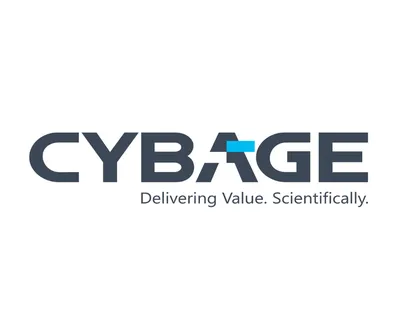A trillion is not far away and the more sophisticated use of robots in situations that are difficult or dangerous for humans as well as situations prone to manifestations, this technology has already made for a better supply chain. Robots as a service (RAAS) will continue to interact, if not compete with human tasks… but let’s leave that for another conversation!
Technology is a cornerstone of supply chain resilience. AI, IoT and blockchain enable real-time visibility, predictive analytics and automated decision-making. For example, AI-powered demand forecasting can help businesses anticipate fluctuations and optimize inventory levels. Blockchain can ensure transparency and traceability throughout the supply chain, mitigating risks and building trust with customers.
Is an immutable transaction with the help of blockchain and AI possible?
I think so! What concerns me is with the larger amounts of data, value and global demand, the opportunity for the bad guys to get involved will always be something we need to keep a close watch on and develop boards and standards committees for this. AI will be the most fundamental change in technology and humankind since the printing press, electricity and the internet!
Sustainability is becoming increasingly important in supply chain management. How can companies integrate sustainability into their supply chain operations?
Sustainability is no longer a choice but a necessity. Companies must adopt circular economy principles and reduce their environmental impact. By leveraging technology, businesses can track carbon emissions, optimize transportation routes and identify opportunities for waste reduction. Additionally, building strong relationships with suppliers who share sustainability goals is crucial. Implementing sustainable sourcing practices and considering the entire product lifecycle can help companies achieve their environmental objectives.
Reverse logistics
Reverse logistics has gained significant attention in recent years. How can companies transform returns from a cost center into a profit center?
Reverse logistics presents a significant opportunity for businesses to enhance customer satisfaction and drive revenue. By treating returns as a valuable source of data and potential revenue, companies can optimize their reverse supply chain operations. Technology can play a crucial role in automating returns processing, enabling product refurbishment, and facilitating remarketing. Additionally, implementing a circular economy approach can help businesses extract maximum value from returned products.
What are the key challenges in implementing effective reverse logistics strategies?
Some of the key challenges include managing returns complexity, optimizing transportation and warehousing, and preventing fraud. To address these challenges, companies need to invest in robust technology solutions, develop clear return policies, and foster strong relationships with logistics partners.
The impact of AI and Gen AI
AI is rapidly transforming industries. How is Cybage Software leveraging AI to drive innovation and create value for its clients?
AI is at the core of our innovation strategy. We are applying AI across various domains, including supply chain optimization, customer experience, and product development. For example, generative AI is enabling us to create highly personalized customer experiences, while AI-powered predictive analytics is helping businesses make data-driven decisions.
How do you see the future of AI evolving and what are the potential implications for businesses?
AI is advancing at an unprecedented pace. We can expect to see even more sophisticated AI models with enhanced capabilities. However, it's crucial to address ethical considerations and develop responsible AI practices. As AI becomes more integrated into business operations, upskilling the workforce will be essential to maximize its benefits.
Can you elaborate on the challenges and opportunities associated with AI adoption?
While AI offers immense potential, it also presents challenges such as data privacy, bias, and job displacement. It's essential to invest in AI talent, develop robust data governance frameworks, and prioritize ethical considerations. By addressing these challenges, businesses can unlock the full potential of AI and drive sustainable growth.





